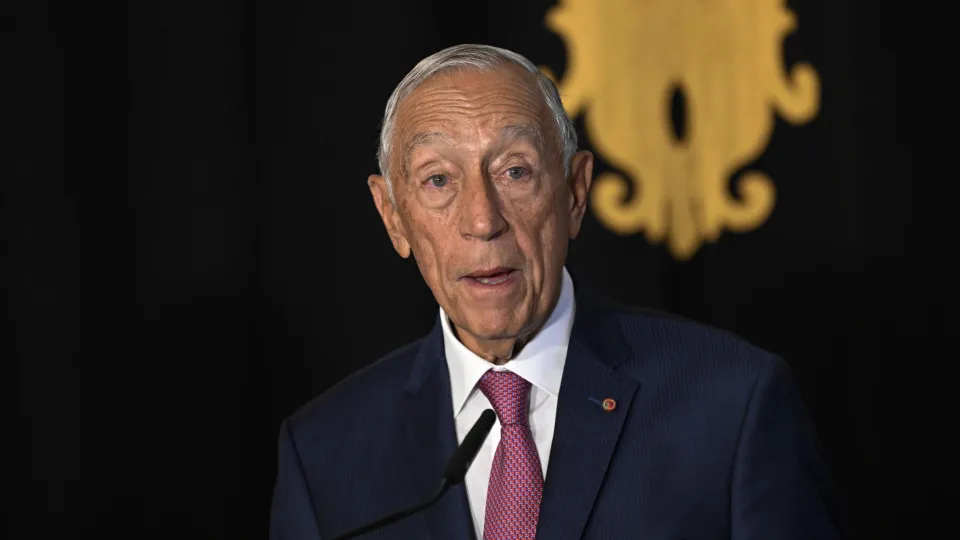
The European Commission acknowledges the challenges related to the housing crisis in Portugal and aims to address them with the anticipated plan for this year on affordable housing, including financing, state aid, and limits on local accommodation.
In the morning, during the plenary session of the European Parliament in Strasbourg, France, the President of the European Commission, Ursula von der Leyen, delivered her first State of the Union address of her second term, announcing that “later this year,” the “first European plan for affordable housing” will be presented, initially scheduled for 2026.
Reacting to this announcement in Strasbourg, the European Commissioner for Energy and Housing emphasized that “one of today’s news items […] is the fact that the president announced […] that the agenda has been advanced, and this is, naturally, a sign that [the Commission] takes the housing crisis in Europe very seriously,” he stated.
“The situation varies, and in some countries, it is worse than in others. I regularly meet with ministers from all countries, mayors, and other stakeholders, and I have had very fruitful meetings with stakeholders from Portugal, where there is no doubt that Portugal is one of the countries facing challenges,” detailed Dan Jørgensen.
“And we sincerely hope that the EU efforts we will propose will be helpful,” added the European Commissioner in his statements.
Although he admitted that “many things that can and should be done are of national competence,” the official pointed out that “there are also many things that are of European competence” and can be changed by the European Commission, such as rules on state aid and financing possibilities.
Additionally, “we have to look at short-term rentals,” highlighted Dan Jørgensen, after Ursula von der Leyen indicated that the European Commission will propose a legislative initiative on this matter.
“In too many cities, short-term rentals are a problem because they surpass the capacity for people to own or rent a home, given that the profitability of short-term rentals for owners is higher,” said the European Commissioner.
For Dan Jørgensen, it’s also urgent to “analyze the financialization of the sector.”
“I will present a very holistic plan, which will be a combination of direct legislation and will also review existing legislation to see how we can simplify and improve it,” he outlined.
The Housing Commissioner also stated that “there is no member state that does not complain of having problems” in this area.
The stance comes at a time when the European community executive is studying forms of financing and wants to review strict EU rules on state aids to allow broader support measures for housing, particularly for energy efficiency and social housing.
Regarding financing, Brussels admits using cohesion and solidarity fund allocations, in addition to the long-term EU budget and national amounts.
Housing is a competence of the Member States.
In 2023, about one in ten Europeans spent 40% or more of their income on housing and related costs.
The European Union faces a pronounced housing crisis, in countries like Portugal, where house and rent prices have significantly increased, making it difficult to achieve accessible housing, especially for young people and low-income families.
The situation is exacerbated by factors like unavailability due to tourism, low supply, and real estate speculation, mainly in Lisbon and Porto.
The Portuguese government has implemented some measures in recent years, such as support for home purchases, increasing the supply of public housing, and regulating the rental market.
[News updated at 15:40]




